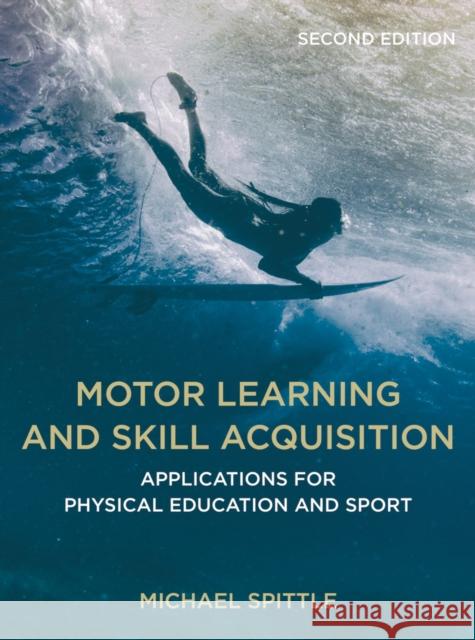Motor Learning and Skill Acquisition: Applications for Physical Education and Sport » książka
topmenu
Motor Learning and Skill Acquisition: Applications for Physical Education and Sport
ISBN-13: 9781352011623 / Angielski / Miękka / 2021 / 495 str.
Kategorie:
Kategorie BISAC:
Wydawca:
Red Globe Press
Język:
Angielski
ISBN-13:
9781352011623
Rok wydania:
2021
Wydanie:
2021
Ilość stron:
495
Waga:
0.95 kg
Wymiary:
25.65 x 19.56 x 2.54
Oprawa:
Miękka
Wolumenów:
01











